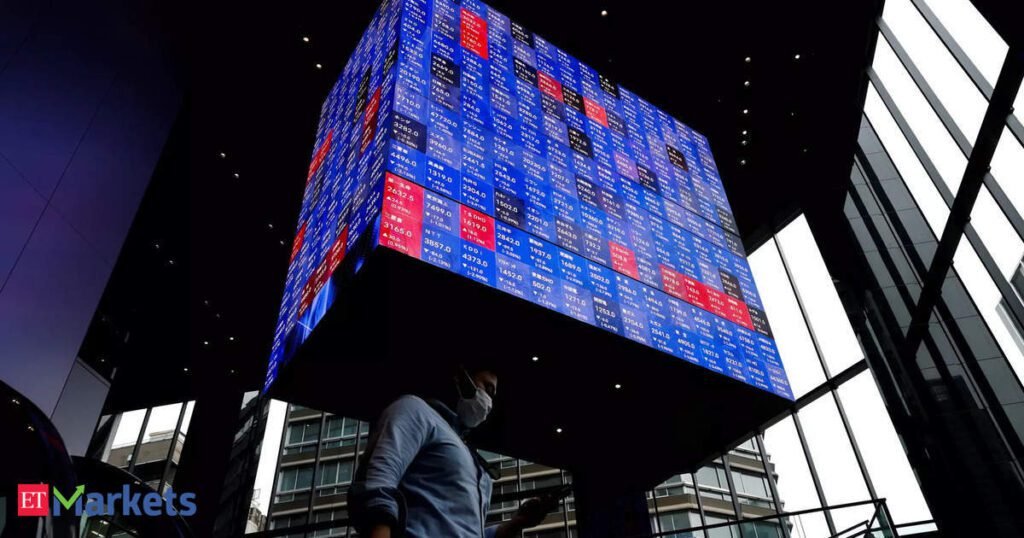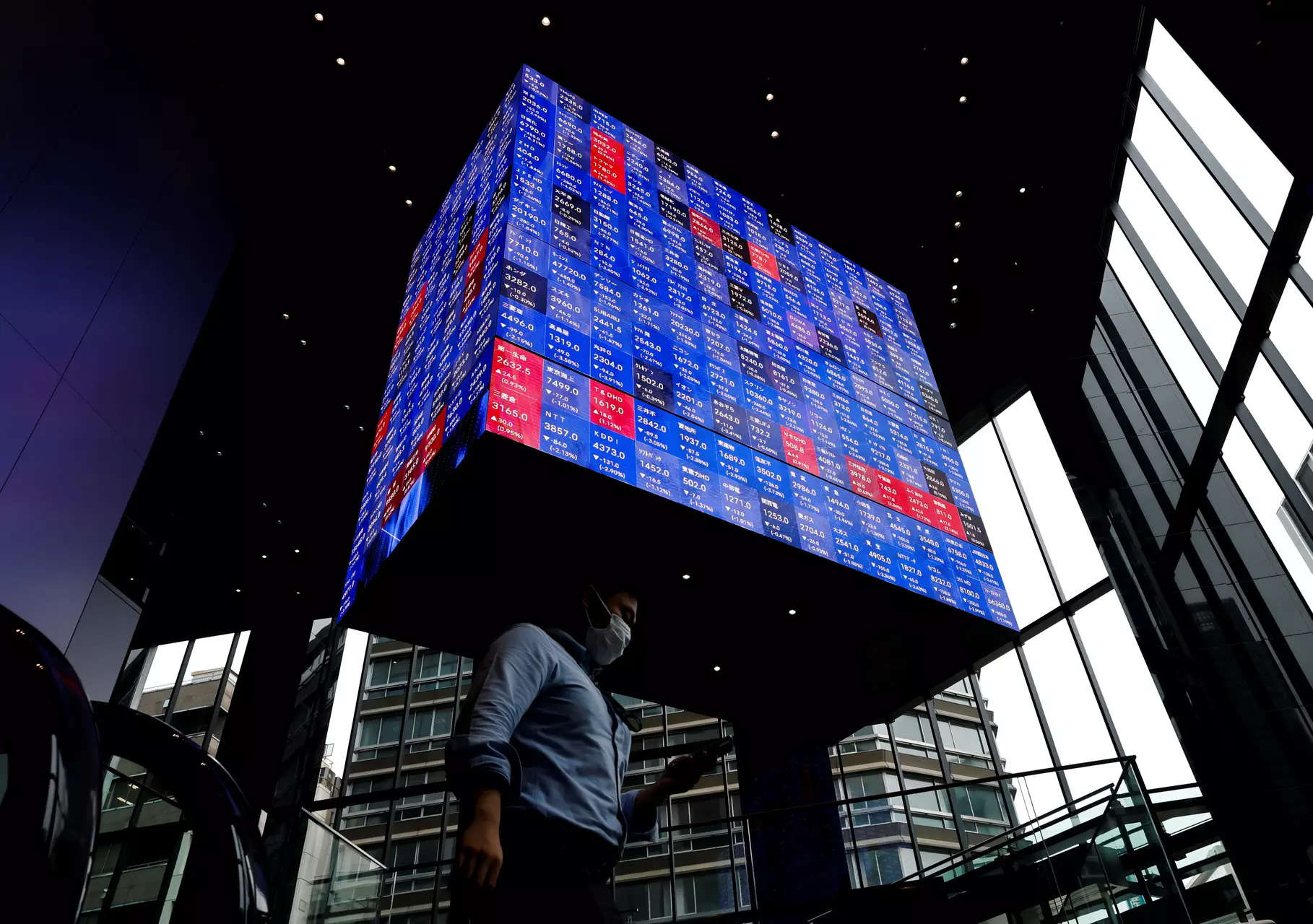China’s blue chip stocks fell 0.2 percent after retail sales rose 3.7 percent in May, beating expectations, but industrial production and fixed asset investment both fell short of expectations.
Other data showed home prices fell at the fastest pace in a decade in May, highlighting continuing strains in the real estate sector.
The People’s Bank of China (PBOC) kept its one-year interest rate unchanged, partially negating expectations of a rate cut after unexpectedly weak bank lending data.
China’s official financial news agency said Monday there is still room to cut interest rates, but the policy faces both domestic and international constraints. That led to cautious trading, with the MSCI composite index of Asia-Pacific shares excluding Japan down 0.1%. Japan’s Nikkei fell 1.7% as investors wait six weeks for details of the Bank of Japan’s next monetary tightening measures. Euro Stoxx 50 futures rose 0.3% after a sharp drop last week, while FTSE futures rose 0.4%.
S&P 500 futures were stable, while Nasdaq futures rose 0.1% after closing at a record high.
Goldman Sachs analysts raised their year-end target for the S&P 500 to 5,600 from 5,200, up from the current target of 5,431.
“Our 2024 and 2025 earnings forecasts remain unchanged, but impressive earnings growth in five large tech stocks offset the typical pattern of downward revisions to consensus EPS estimates,” they wrote in a note.
The main U.S. data this week is due on Tuesday for retail sales in May, which are expected to rise 0.4 percent after falling 0.3 percent in April. Markets are closed on Wednesday, however.
At least 10 Federal Reserve policymakers are scheduled to speak this week and will undoubtedly comment on market expectations of two rate cuts this year.
The Fed itself struck a more hawkish tone last week, but weakness in three inflation measures led futures prices to project a rate cut as early as September and a 76% chance of 50 basis points of easing by the end of the year.
Focus on the SNB
The central banks of Australia, Norway and the UK are all expected to keep interest rates unchanged when they meet this week, but the Swiss National Bank (SNB) is likely to ease rates given the recent strength of the Swiss franc.
Markets have seen the chances of a rate cut rise to 75 percent after political uncertainty in France sent the euro plummeting to a four-month low of 0.9505 francs on Friday.
French markets came under heavy pressure last week ahead of early general elections that could give a far-right majority, raising risks to the country’s finances and the stability of the euro zone.
European Central Bank (ECB) policymakers told Reuters they had no plans to launch emergency purchases of French government bonds to stabilize the market after a flight to safety caused the yield gap with German bunds to widen dramatically.
“Any challenge to the region’s fiscal regime by France would be problematic with far-reaching implications,” JPMorgan analysts warned. “At this stage, the situation in the run-up to the first round of voting remains highly fluid.”
That left the euro fixed at $1.0698 after falling 0.9 percent last week to a six-week low of $1.06678.
The dollar was slightly firmer at $157.52 after surging above $158.00 on Friday when the Bank of Japan said it would start tapering its bond purchases a little later than widely expected.
In commodity markets, gold was trading at $2,325 an ounce after rising 1.7% last week. [GOL/]
Oil prices edged lower after rising 4 percent last week on hopes of increased demand due to the U.S. driving season. [O/R]
Brent crude fell 17 cents to $82.45 a barrel, while U.S. crude fell 18 cents to $78.27 a barrel.




